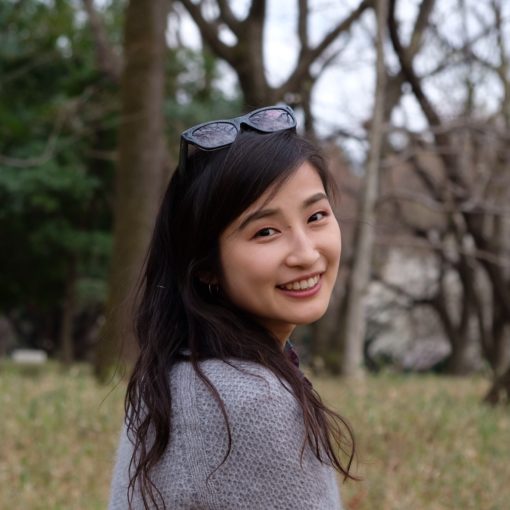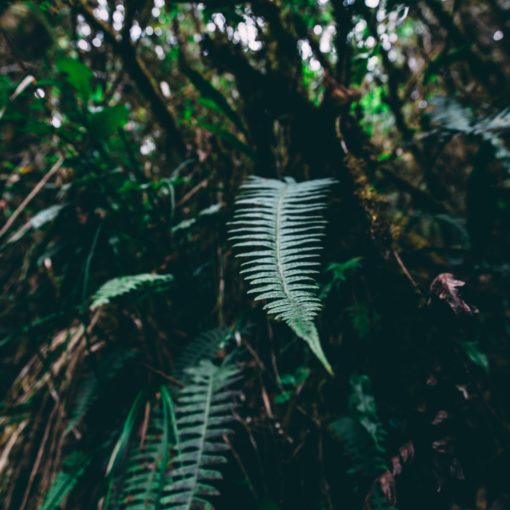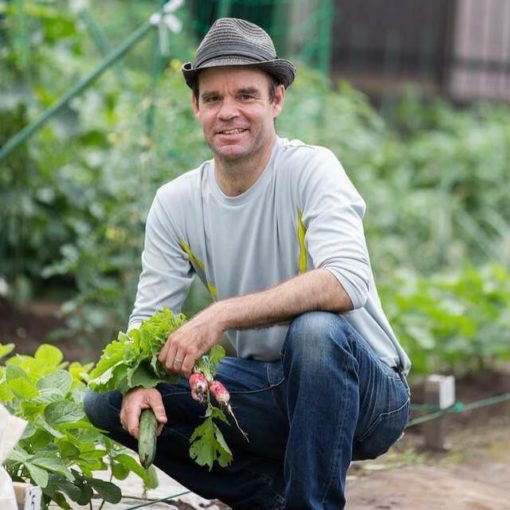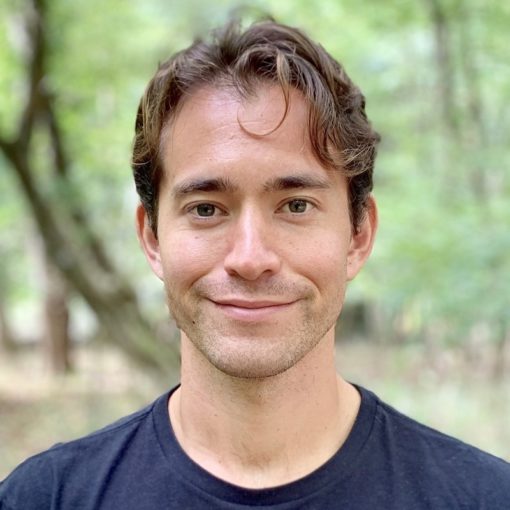Ian Shimizu is the founder of weMORI, an app that aims to make protecting and restoring forests fun, easy and accessible for all. As an environmental activist, his interest is in mobilizing non-activists to environmental action and weMORI is his latest challenge.
Ian took part in our fourth edition of Conversations with Green Changemakers in Japan and you will find below, the player to listen to the full interview. You can also watch it on Youtube.
The audio podcast is also available to listen on Apple Podcast, Deezer and Spotify.
If you want to know more about weMORI and support them, check their kickstarter campaign or follow them on Facebook, Instagram or Twitter.
Feel free to reach out to Ian if you have any questions.
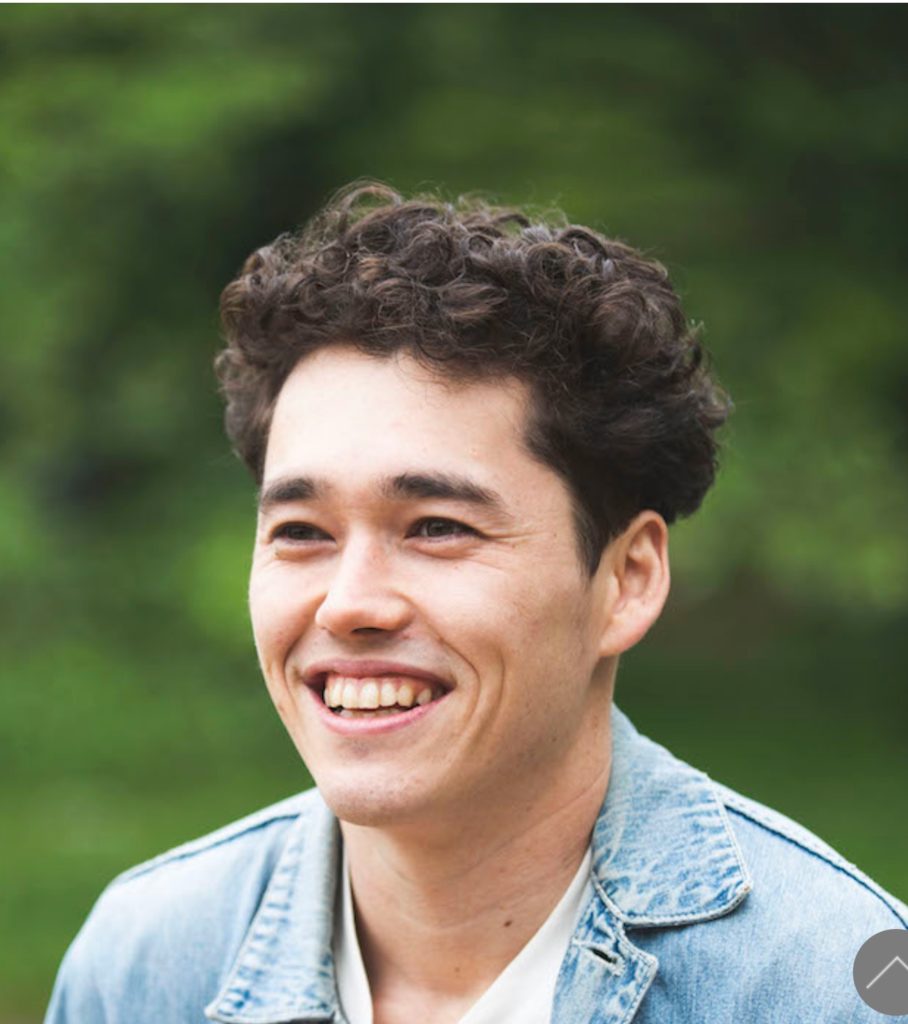
How did you become aware of the climate change issue?
It’s a pretty difficult question to answer. I think the first time I ever heard about climate change must have been when I was maybe in elementary or middle school. But for a long period of my life, I didn’t necessarily recognise it as something that I had to take action for, or take leadership in addressing.
But when I was in university, I learnt about the fundamental flaw in our society that we continue to perpetuate. This problem is that we are trying to achieve unlimited growth in a limited resource environment, which is impossible, and this is the reason why our society is not sustainable today. And when I came to this realisation, it suddenly hit me and all these questions came to my mind. What does it mean that something is not sustainable? As somebody who loves nature, what does it mean to live within a system that is not protecting it, but rather destroying it?
All of this was really overwhelming and it was an awakening for me about the fact that we live in a fundamentally flawed system, and that something has to be done to address this. And that one of the manifestations of this flawed system is climate change, which then in turn perpetuates negative feedback cycles that make living and surviving much harder on this planet. I also realised that the climate changing was the accelerator of all other issues. If the climate started changing, it would create conditions for all other issues to get worse.
Indeed, the climate is a foundational element of the environment in which we live. So if that changes, everything else changes. It is considered to be a risk multiplier for all other issues.
That is how I came to the realisation that in order to adjust anything, we need to address climate change. And since it’s a manifestation of the flawed system, if we can solve climate change, then we are taking one step forward to solving all sorts of other issues, from poverty to issues around food, marine resources etc. So climate change is kind of my way into taking action, because it connects to everything else.
How did you start acting to address the climate change issue?
Actually, when I first learned the scale of the environmental crisis and that our system was completely flawed, I got really depressed. I felt powerless, I felt small, I felt betrayed and overwhelmed. I didn’t know what to do, and it didn’t feel like anything I would do could really change anything.
I also felt completely out of place as most of my friends and the faculty didn’t really care. And that is because most of the world is structured as if it is sustainable, so most people don’t question the underlying contradictions of our system. They continue reaping the benefits of how the system is structured. today.
What I learnt as I grappled with my depression, is that through small successes and through acting in whatever way I could, that made me feel better. Over time I slowly realised that it feels better to do something than nothing at all and to meet people who feel and think the same things than to stay in my house and feel miserable.
And this is something that a lot of people in this field talk about: in order to combat this sense of powerlessness, action is the most effective.
Once you come to the realisation and that you then try to integrate what you’ve realised into your life, it should definitely change the way you consume. And for me, it really changed everything. It changed my outlook, how I wanted to live, what work I wanted to do, who I wanted to be around, what I wanted to buy, and actually mostly what I didn’t want to buy, what I wanted to read, etc. It changed literally everything for me.
How did you come about starting 350.org in Japan?
So 350.org was something I started in my third or fourth year in University. When I was doing environmental sociology, I started looking into environmental issues around Japan and that brought me into the space of activism. Through my activism, I had connected with people who were in the Japanese environmental nonprofit sector and I was introduced to somebody who had just started the 350.org Japan office.
350.org was a really interesting organisation that was the fastest growing environmental nonprofit at the time. It was all about using the power of the people in order to affect change, which is always a part of nonprofit work, but not as intensely or centred as it was for 350.org. I got really interested in their work as they were employing this new method called divestment in order to address climate change. To tell you a bit more about what divestment is, it is when you pull investment out of accompany or a project, and in the case of climate change. it is about pulling money out of fossil fuel energy.
That is how I started becoming a member of that organisation and going through the unique process of founding the Japan office.
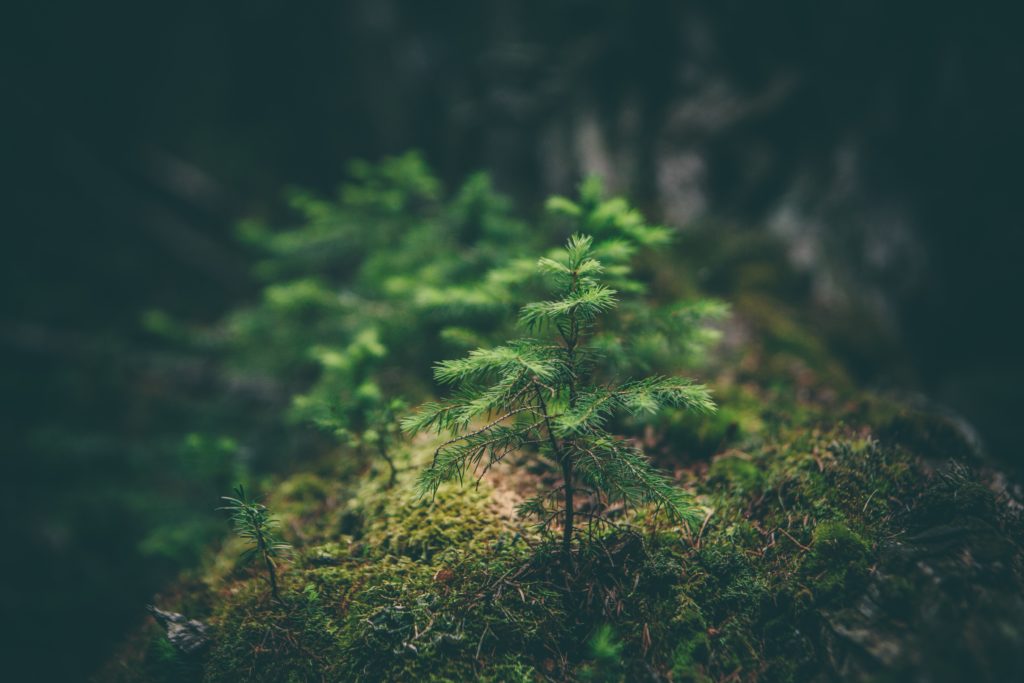
Can you tell us a bit more about weMORI?
The goal of weMORI is to mobilise people to fund protection and restoration projects around the world. In the world today, we are facing the issues of climate change and biodiversity loss, and protecting and restoring forests is one of the most powerful ways to address these two issues at once.
That’s not to mention that forests also clean our waters, regulate weather, provide all sorts of other merits to human society, including medicine. In fact, 90% of our conditions can be cured through medicines that are derived from rainforests. So protecting and restoring forests is really important
So what the weMORI app is trying to do is to make it possible and easy for all of us to donate to projects around the world that protect and restore forests.
When I look back at my career as an activist, I realised that I’ve been exploring ways to bring people who don’t care to care and people who care to act. From my point of view, there are two really important things in convincing people from going from inaction to action. The first one is convenience and the second one is transparency, making it very clear what impact they’re having. And these are two very important aspects of weMORI.
We are currently doing a kickstarter campaign to build the app and you join by pledging one tree for ¥1000. We call it a regenerative campaign as for any reward that you pick, we plant at least one tree. So not only are you helping us developing the app, but you are also contributing to reforesting a forest either in Borneo or Kenya. We didn’t want the campaign to be just about helping us to fund our app, but to also make it something that was true to us.
Why do we see deforestation happening all around the world?
Most of it comes from conversion to agricultural lands.
80 to 90% of the deforestation of the Amazon is directly connected to the meat industry. So if you’re a carnivore, you are most likely contributing to the deforestation of the Amazon because of your diet, either through the direct consumption of meat that was grown there, or through the consumption of meat that has eaten the soy or corn or other feed that is given to the cows, the porks or the chickens.
For Southeast Asia, it’s slightly different. If you use cheap shampoo or other personal care products, if you eat chips or industrial cookies, you’re most likely contributing to the conversion of rainforests to palm oil fields.
In Congo and in other areas of Africa it is a little bit more complicated as it is much harder to get data for these areas. But in some cases, it is to get charcoal wood or pineapples, or other types of agriculture.
And then of course there’s timber for which Japan is actually pretty bad. A lot of the timber we use for construction comes from rainforests in Borneo. I live not so far from the the Olympic Stadium and the Olympic Stadium stadium itself uses Japanese wood. But in the process of building that stadium, they have used what is called the invisible wood of construction. For example, when they make a block of concrete, they create the edges with wood slabs, and a lot of those wood slabs that we use in Japan come from Borneo. So that’s a source of deforestation, even though it is not visible in the final product.
So in many different ways, deforestation is directly or indirectly connected to our consumption habits.
What is the issue with deforestation?
I’ll mention two things but there is a lot more.
One of the things that forests do is that the roots lock soil where it is. And by locking the soil, it prevents erosion. So when water passes over the forests, it goes through the soil without it running off with the water. And that allows for clean water to pass through the soil, the trees’ roots then go into the local rivers in a clean and filtered state. Whereas if you pull out those trees and it rains on top of that land, there’s nothing to hold the soil in place. So the soil is sliding down with the water, goes into the streams and is contaminating the water. It is not the same pollution as the one created by chemicals going in the water, but for water life it is also pollution because the soil coming in suffocates the marine animals. So deforestation has a huge impact on freshwater fishing. And there’s a lot of people around the world who rely on freshwater fishing, particularly in rivers like the Amazon.
The other thing is that forests harbour a lot of life, amongst them are bees which are completely necessary to pollinate plants. A lot of the crops that are grown inside as well as outside of the forest rely on these pollinators. So by cutting down forests, you are lessening the habitat for the bees to exist in, which then in turn, affects local agriculture.
So those are two examples that show how deforestation ends up having an impact on the people who live directly around the forest. And of course, not to mention that there are people who live in the forests by taking things from the forest in a sustainable way. They tend to be indigenous populations that are spread across the world. And if you deforest, you are essentially ridding them of their livelihood.
What is your vision for the future of weMORI?
I think one of the goals that I would like to reach is that we are at net forest positive by 2030. And what that means is that we are growing in forest land more than losing in forest land. Right now we are in net forest deficit. Indeed, we lose about 15 billion trees a year, and that we are only planting about six billion trees. So we’re making up for a portion of it, but the issue is that the value of one new tree planted and a 100 year old tree is obviously not the same. So we really need to slow down on deforestation and at the same time ramp up on reforesting.
So hopefully we can bring down deforestation, ramp up reforestation so that we reach net forest positive by 2030. I think that’s a definitely a goal for me.
However, the success of weMORI does not mean that the system at large has shifted. Indeed, my belief is that we live in a degenerative society. What I mean by that is, that to reach economic prosperity and societal affluence, we are jeopardising the health and the integrity of natural systems. And that’s a contradiction in design. Because if you think about how we as humans exist, from the air that we breathe, to the clothes that we wear to the food that we eat, we rely and depend in every aspect of our life on the environment.
So if you think about how our system is operating today, which is that in order to do those things, we are consuming the environments at paces that are unprecedented, and we are slowly eating away at the base upon which everything else depends. So we need to transition away from this degenerative system to a regenerative system where human societies and economic systems are no longer consuming ressources in an unsustainable way.
So I guess my ultimate goal is to take part in creating a regenerative society.
What resources would you recommend?
- Reforestation projects curation by weMORI
- weMORI partner World Land Trust
Documentary:
- Brave Now, World! by Hermanos Brothers and Nelis
Book:
- A Green New History of the World by Clive Ponting
